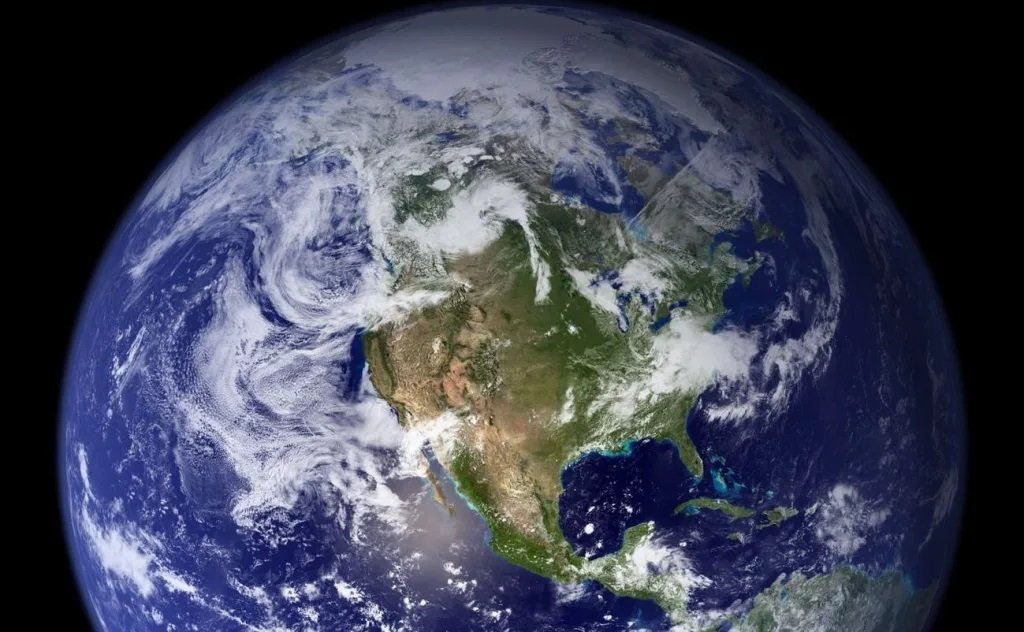Environmental Impact
Much has been written about how carbon emissions have significantly reduced all over the world since the coronavirus outbreak and its associated social distancing practices. According to NASA, in January and February of 2020, nitrogen dioxide (NO2) levels, a way of measuring pollution, in eastern and central China were 10 to 30 percent lower than what is normally observed for this time period. Similarly, the water in the canals of Venice looks clearer because there is less boat traffic. Likewise, in the United States, a satellite that detects emissions in the atmosphere linked to cars and trucks shows huge declines in pollution over major metropolitan areas, including Los Angeles, Seattle, New York, Chicago and Atlanta.
However, these results are going to be just temporary as once normal activities resume the levels will rise once again. Moreover, there is a lot of wastage in other forms. For example, most grocery stores have temporarily banned the use of reusable cloth shopping bags due to the risk of contracting the virus through them. As a result, plastic bag consumption, with all its ill effects on the environment, is on the increase. Likewise, as we clean our packages there is an increase in paper towel usage.
On July 21, 2022, a compromise bill mandating some of the steps Massachusetts needs to take to meet a goal of net-zero greenhouse gas emissions by 2050 was approved by the House and Senate lawmakers. Next step - Governor Charlie Baker has to review and sign it. The bill would increase to $3,500 the rebate for qualifying purchases and leases of zero-emission passenger cars and light duty trucks costing $55,000 or less, and offer an additional $1,000 to purchasers who are trading in an internal combustion vehicle. Another component of the bill would be to let agricultural and horticultural land be used for solar panels as long as they don't impede the continued use of the land for agricultural or horticultural uses. It would also offer tax breaks to companies that are likely to contribute substantially to the “manufacture, fabrication, and assembly” of domestic supply chain components of the offshore wind industry. Learn more about it HERE


